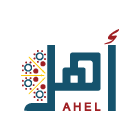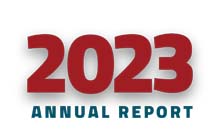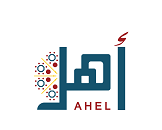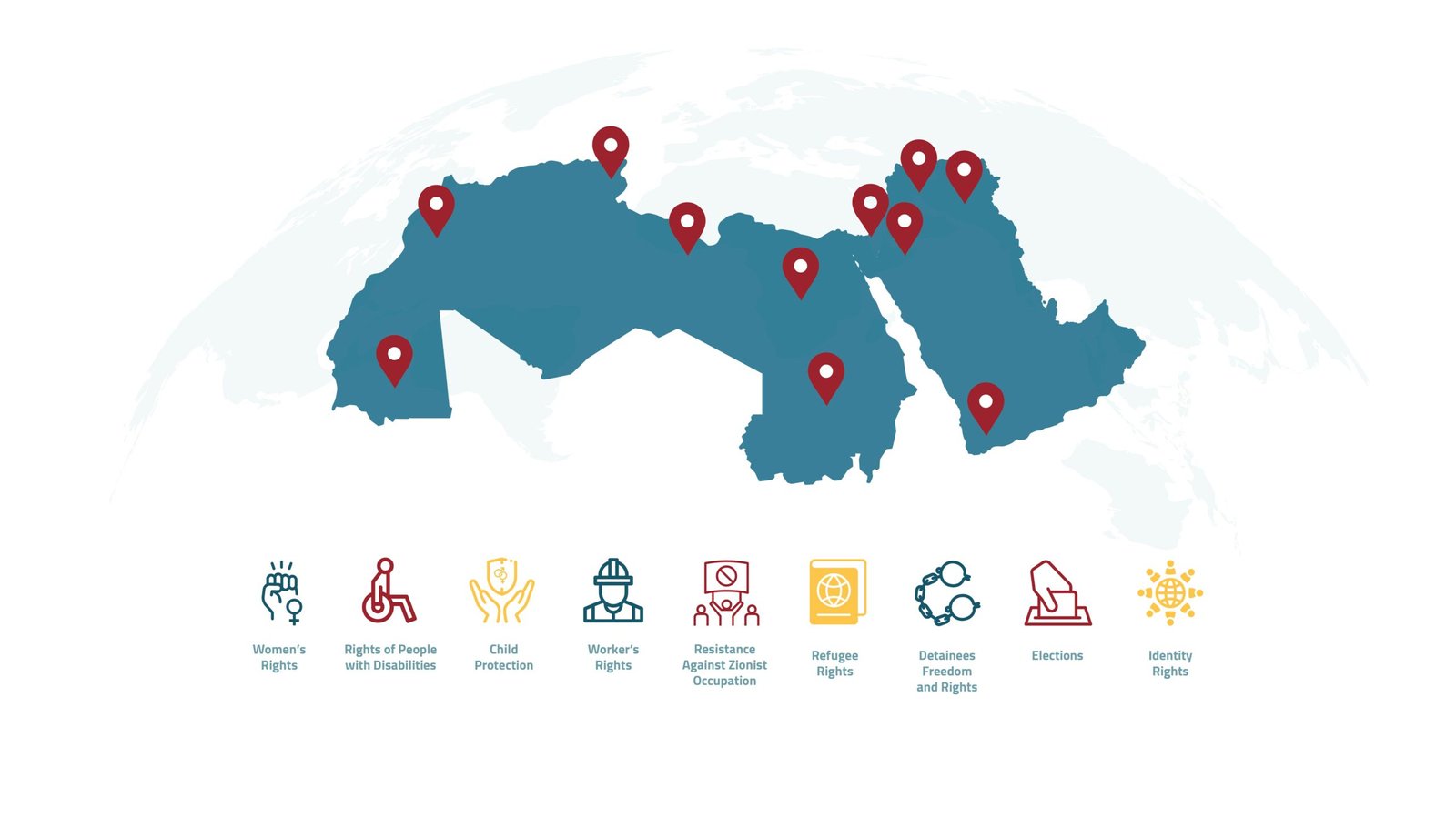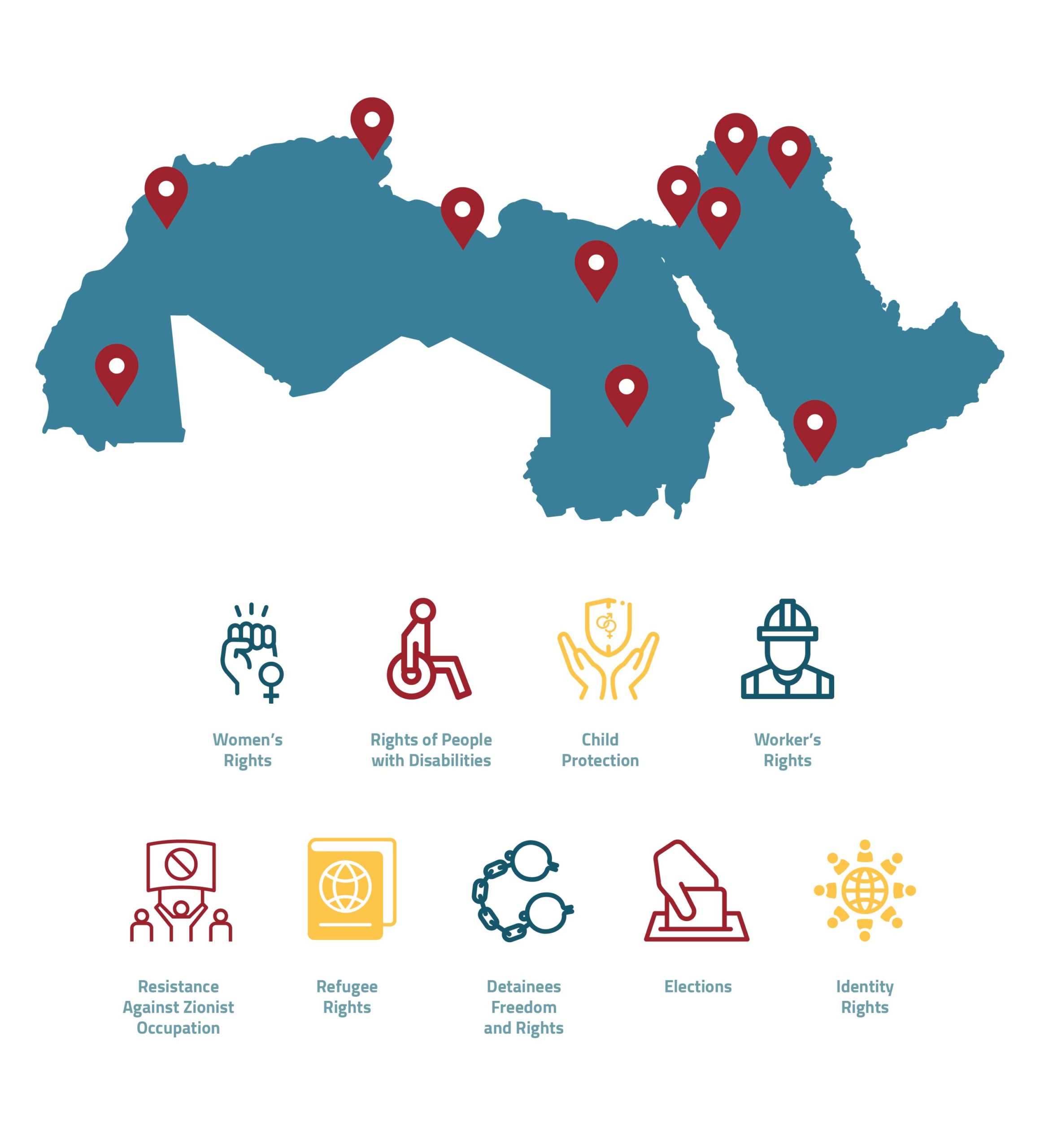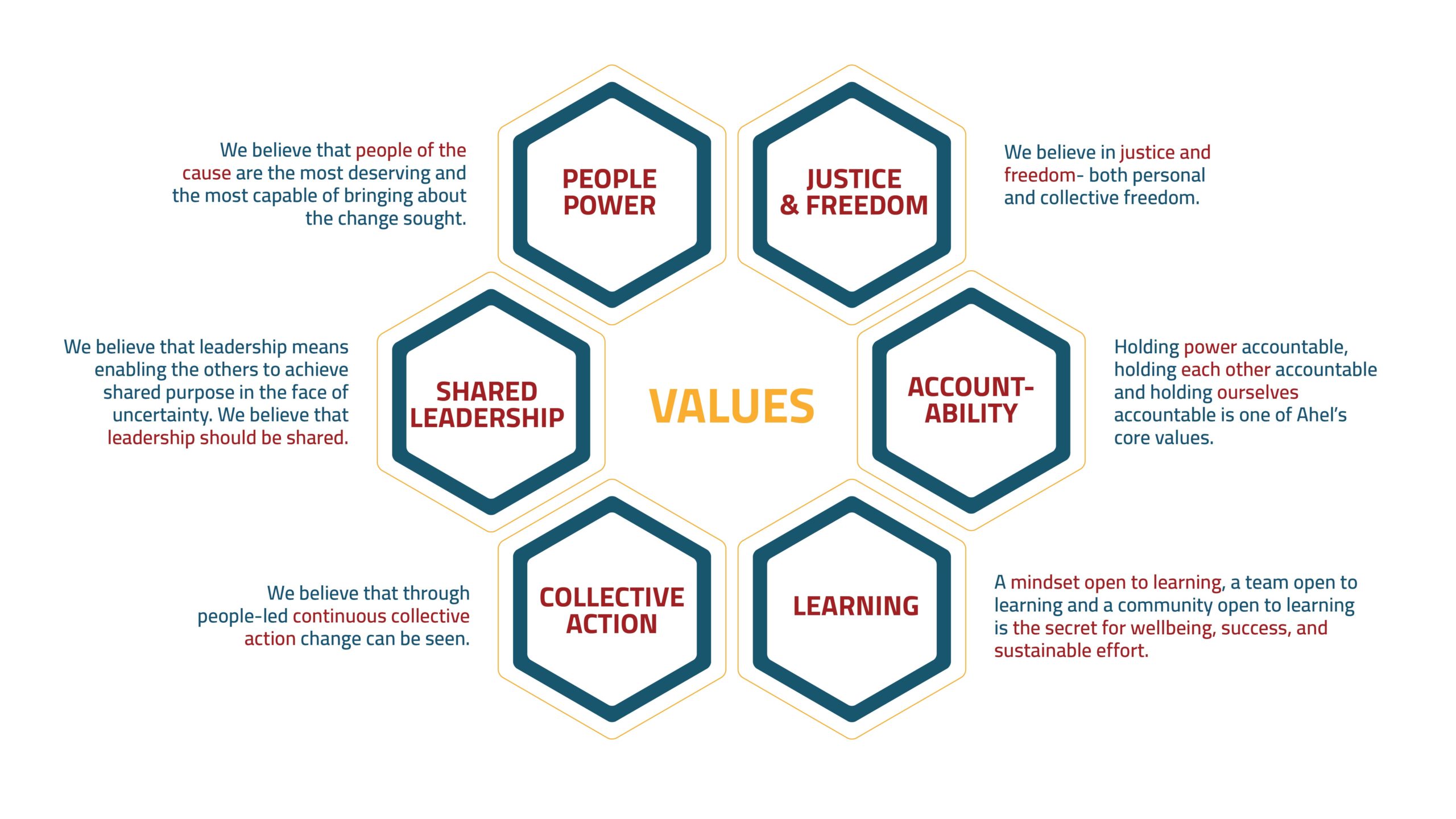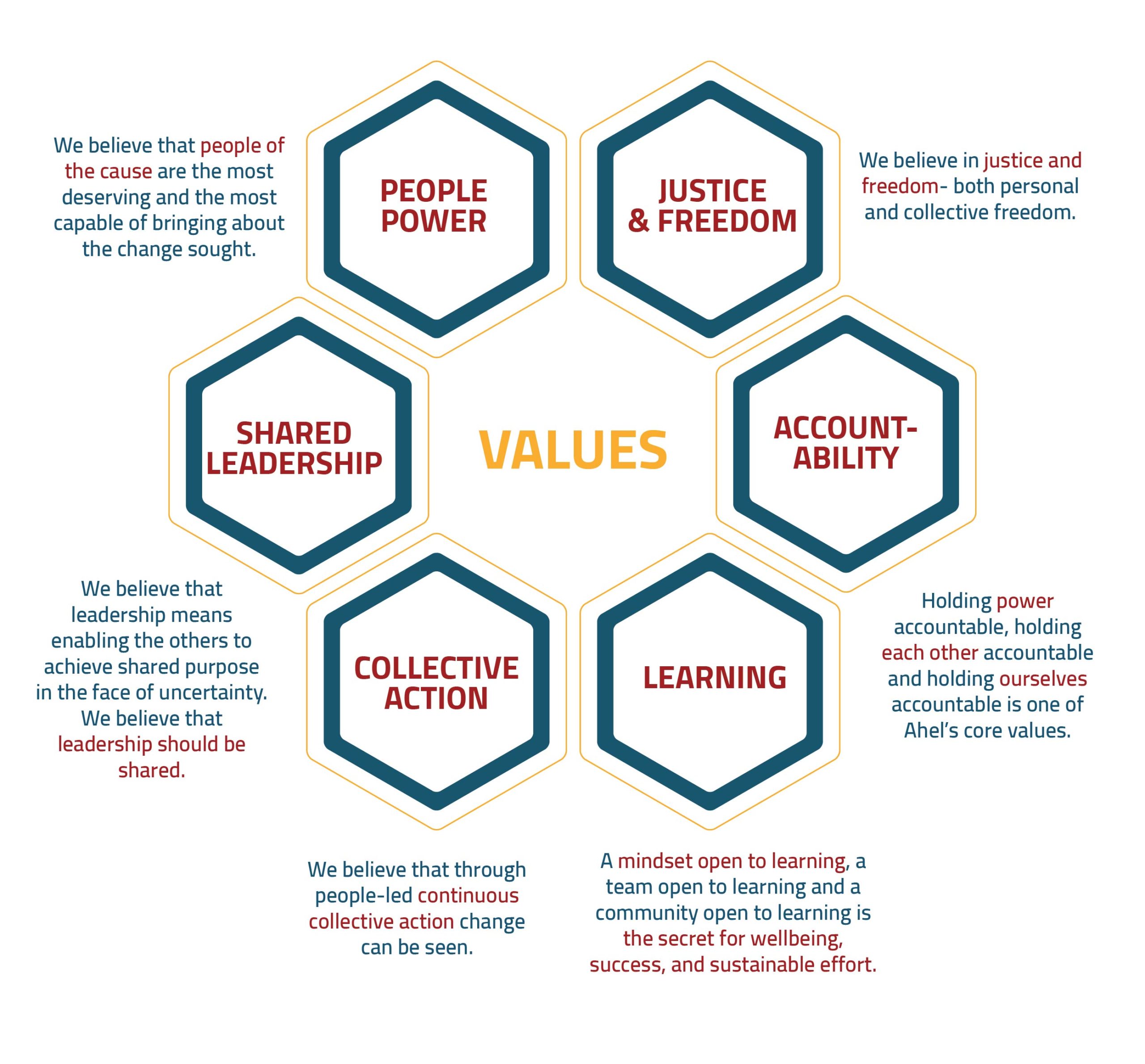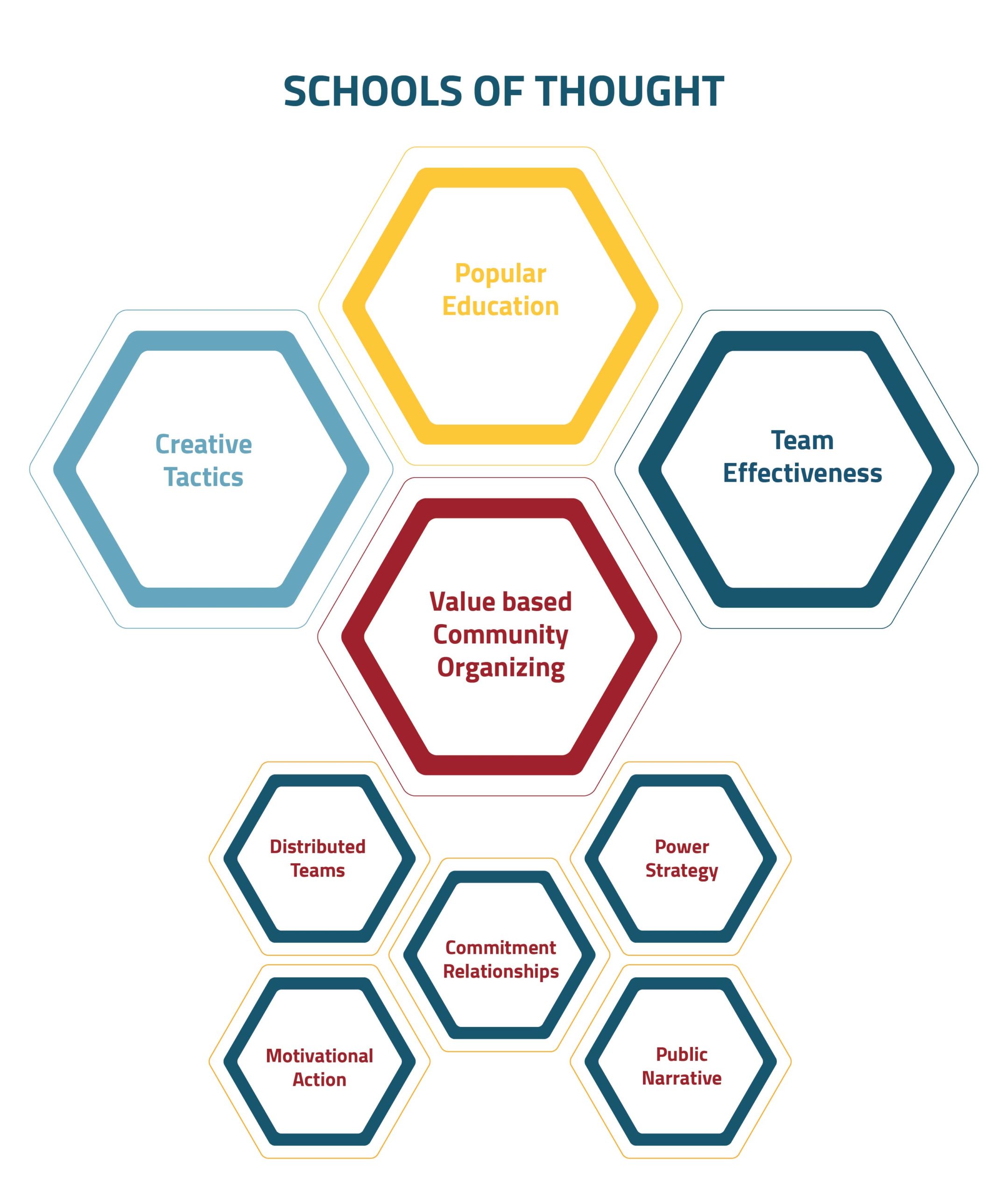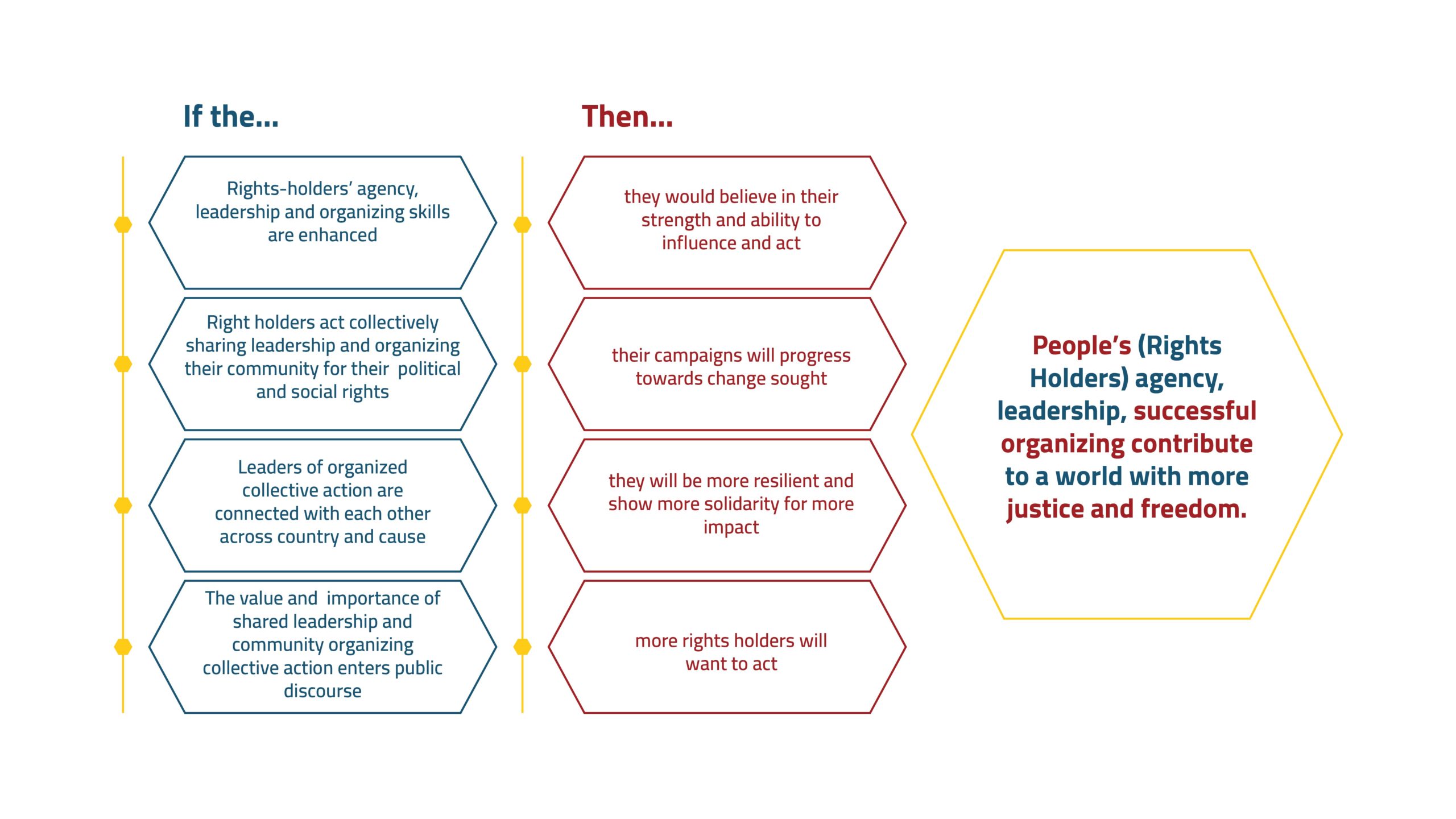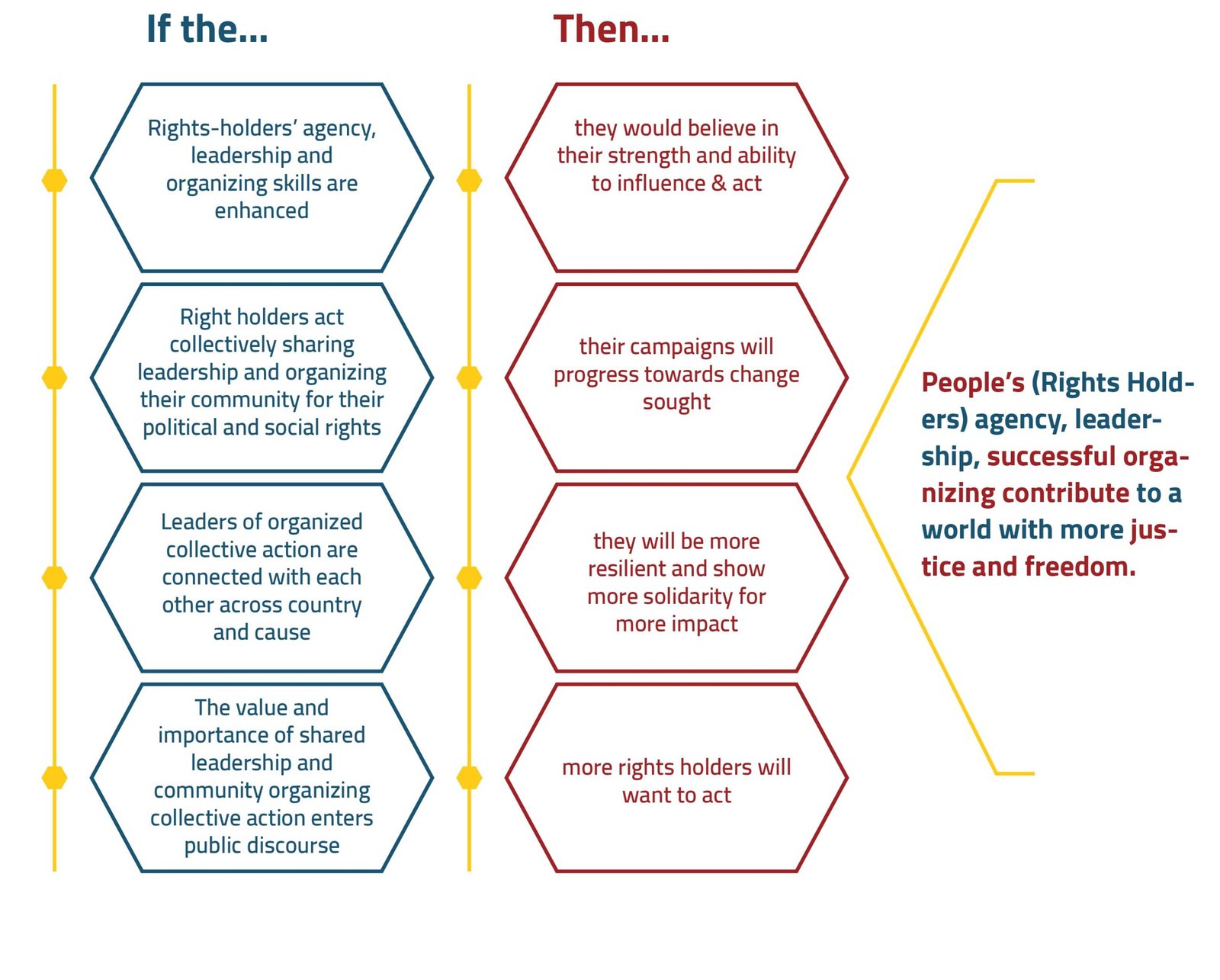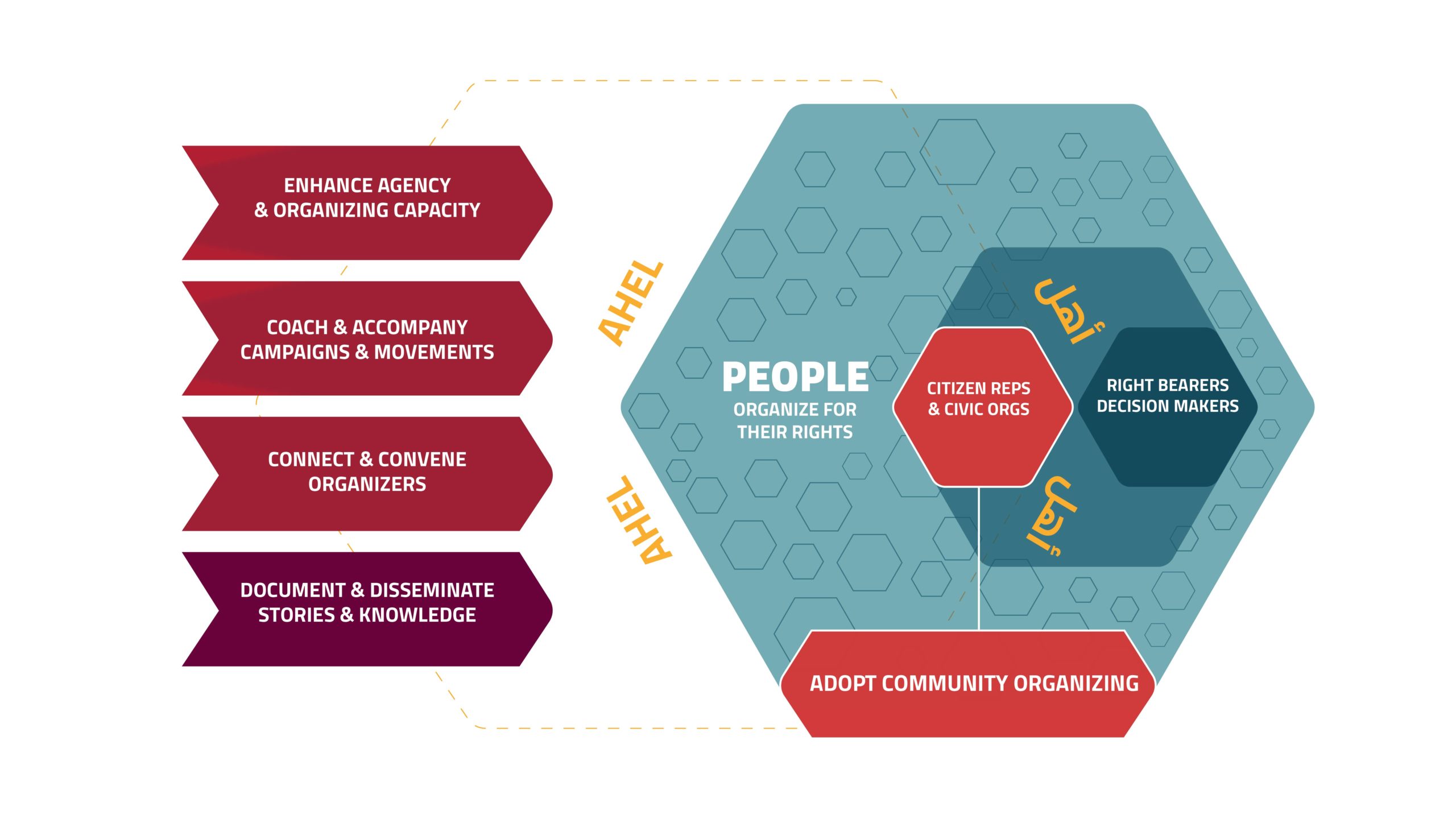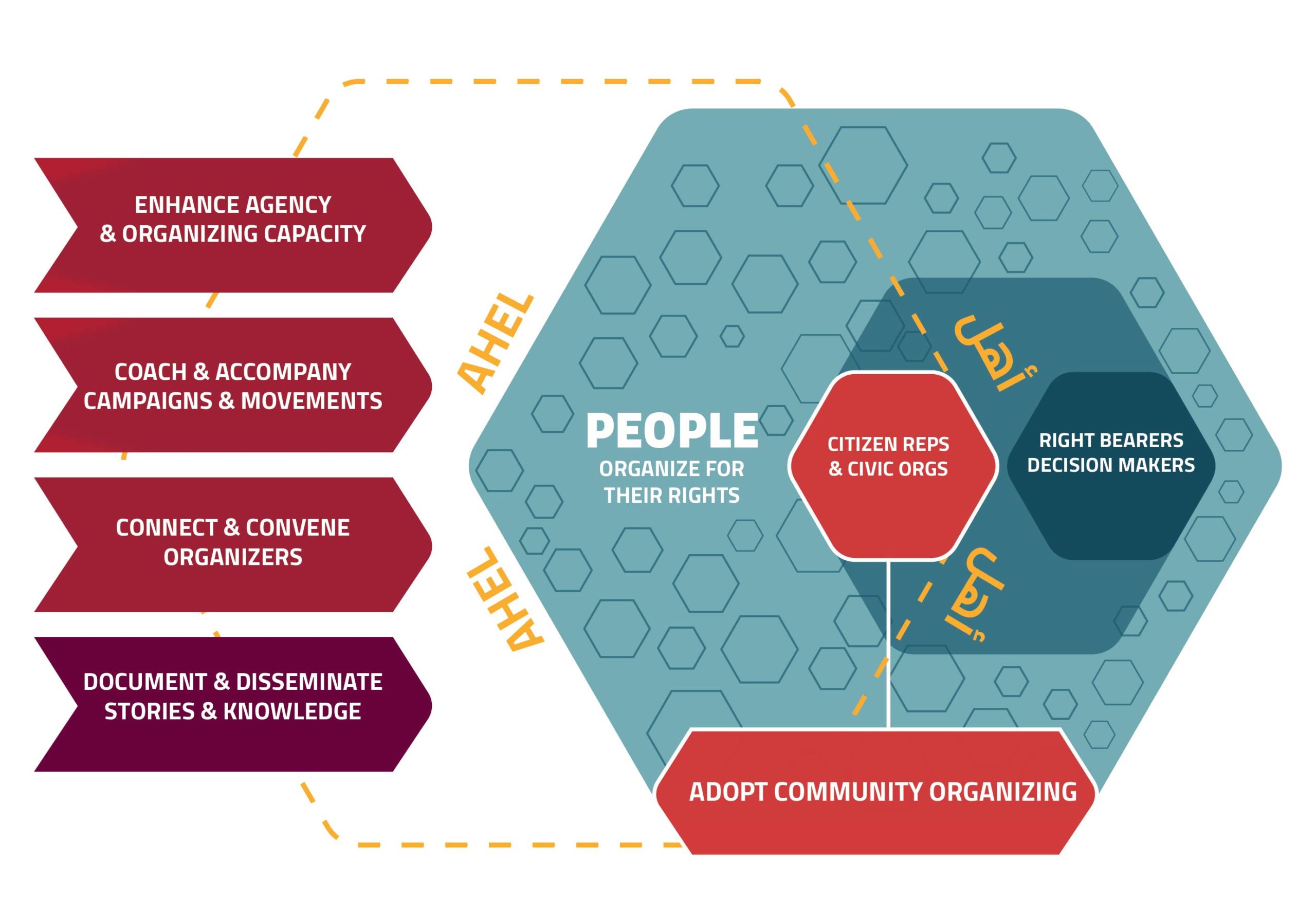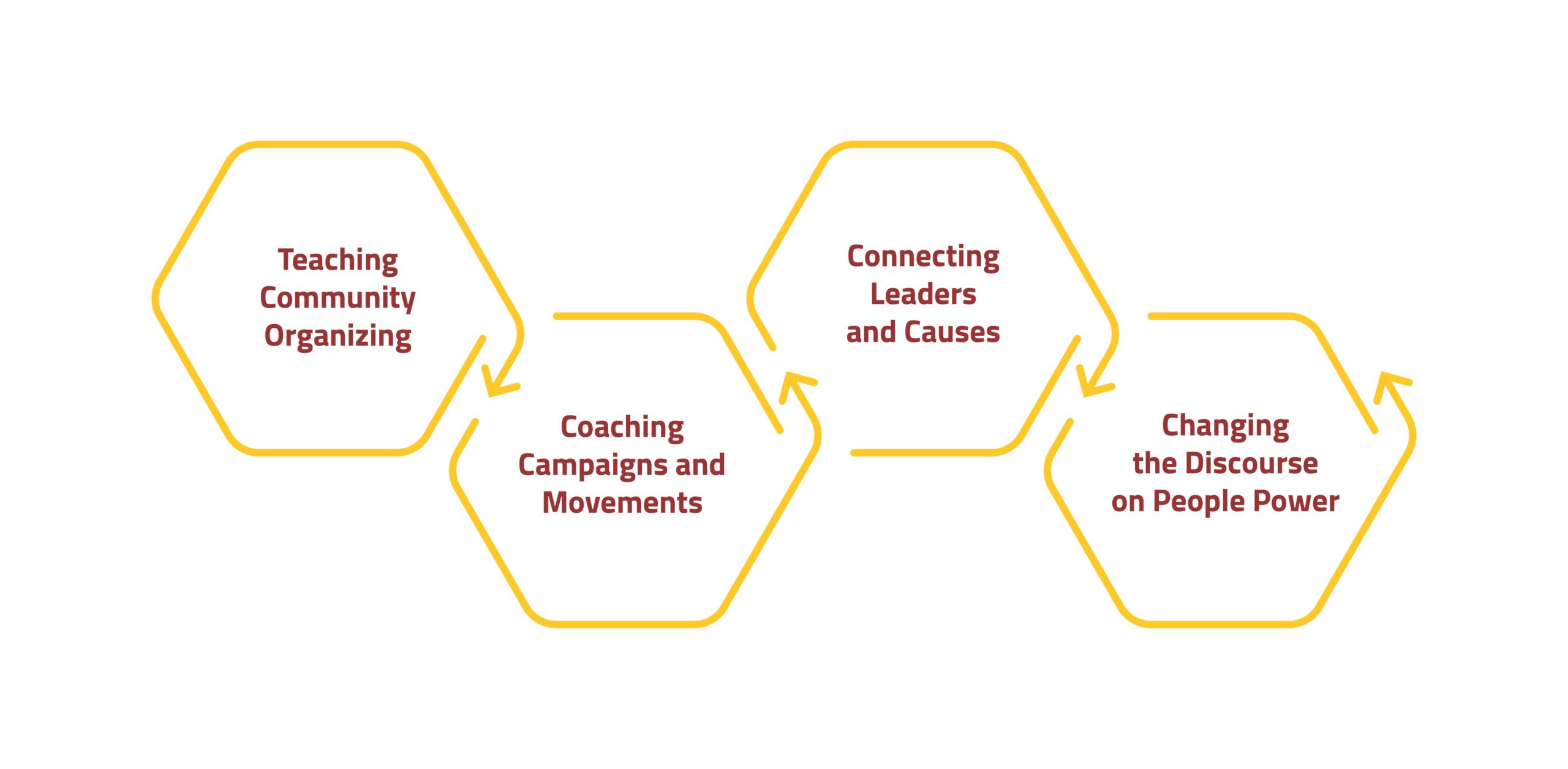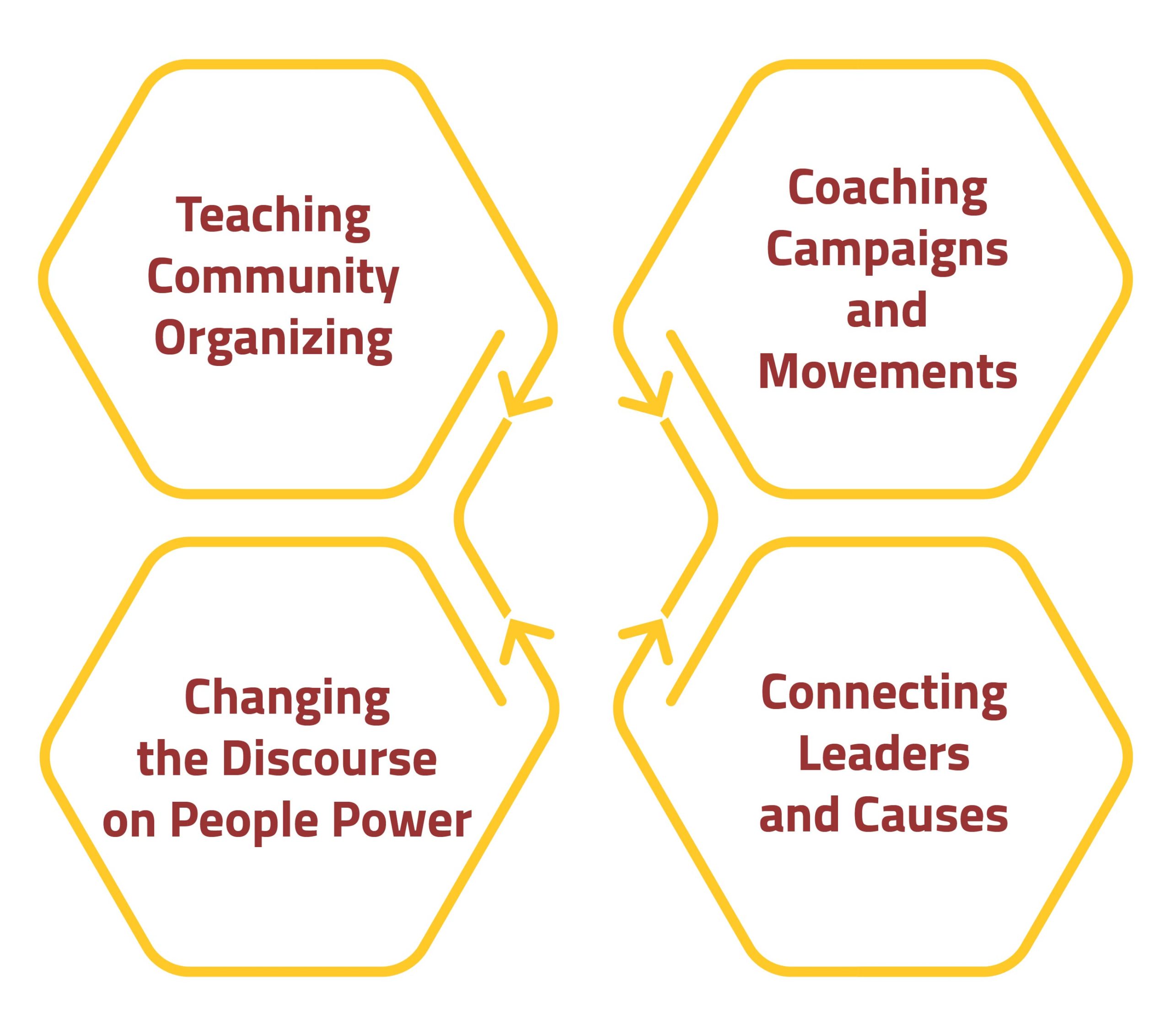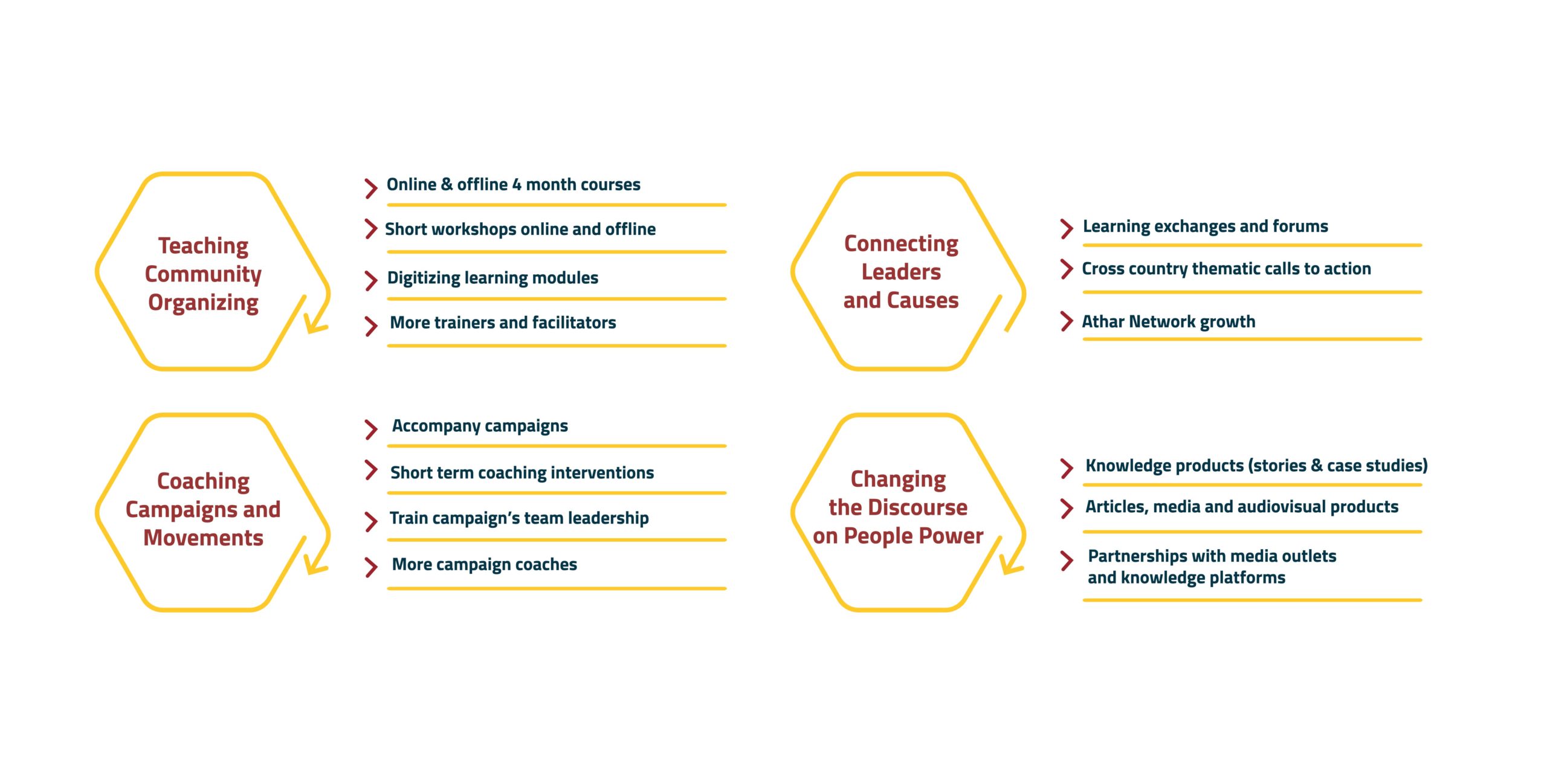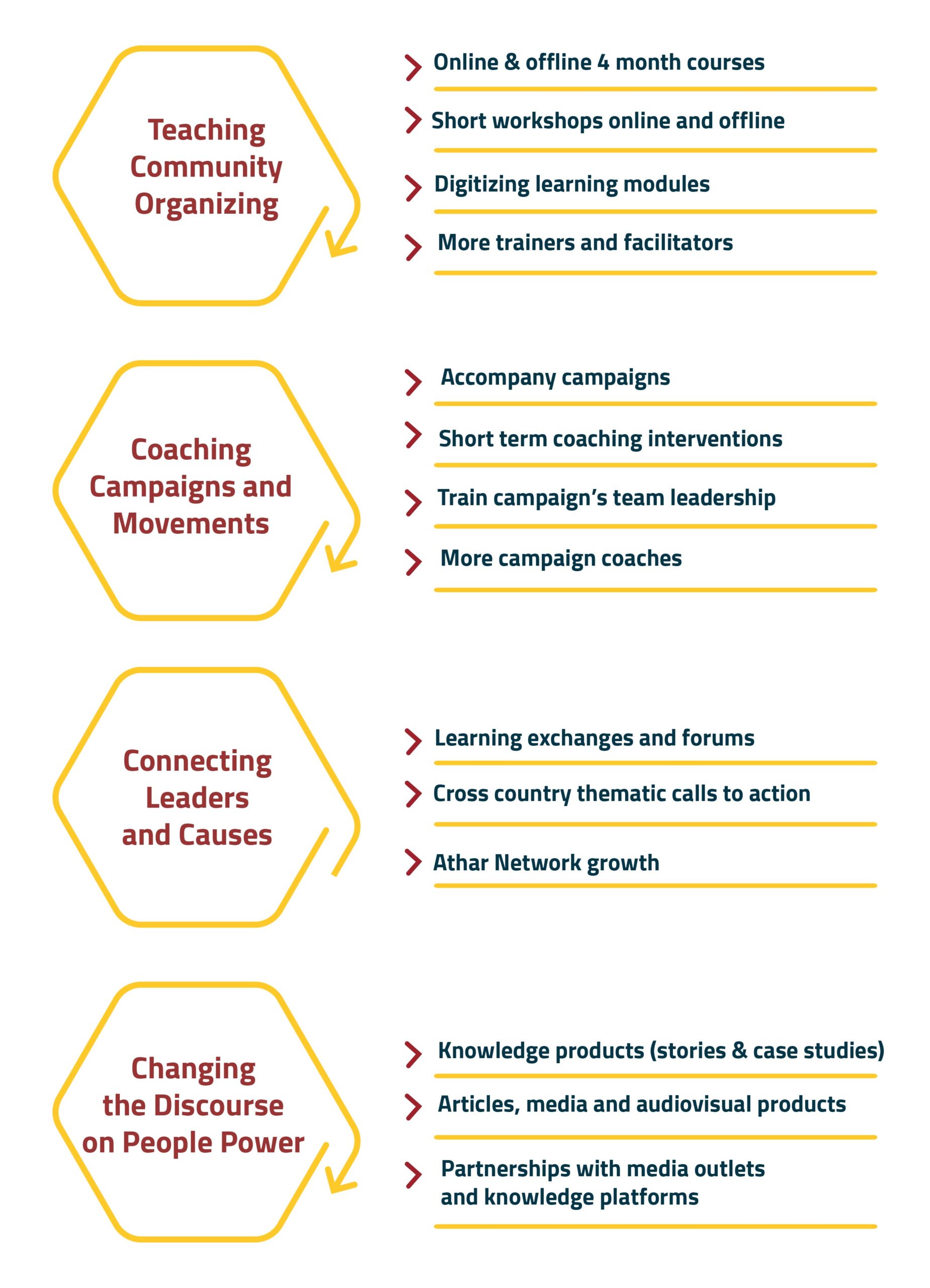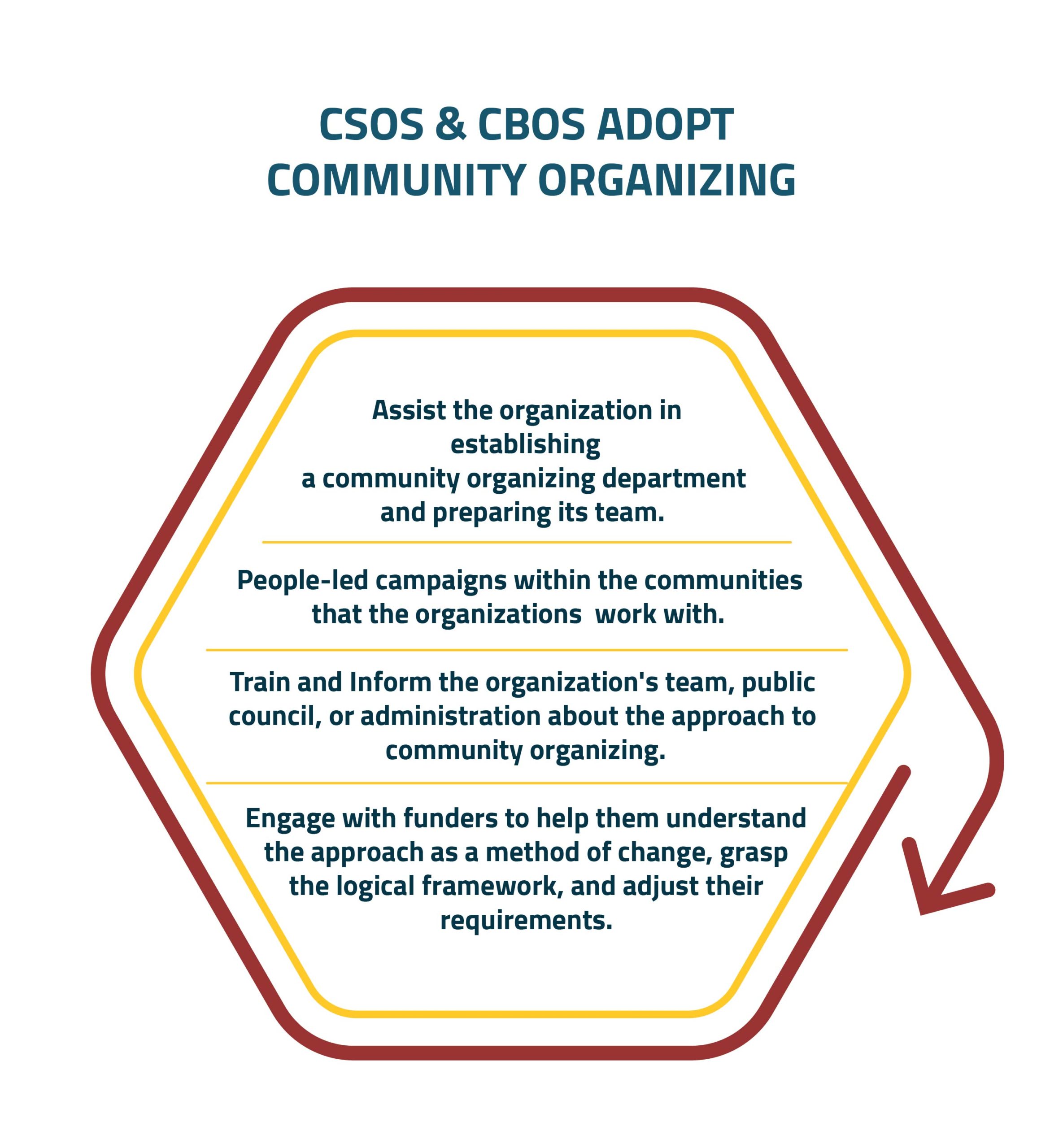Since its establishment 12 years ago, Ahel has succeeded in enhancing the capacity of thousands of leaders seeking change in their causes to build their people’s power, increase their agency, and lead and take action collectively towards achieving justice and freedom, thereby influencing real change, not only in the face of different forms of authority but even at the level of change in policy and legislation.
From the very beginning of our journey, continuous learning, experimentation, and conscious development have paved our way forward in every step. Practicing what we teach, we have always acknowledged that creating lasting impact and change requires time and continuous strategic planning.
In 2023, we invested in developing Ahel’s strategic plan for the next five years. We started by reflecting on our past work and studying its impact. Our process capitalized on the knowledge we gained about the political and social context in the region and its influence on collective action and fights for justice. We also consulted experts from our supportive community, our advisory board members, experienced friends, our extended team, and leaders who were organizing for their causes on the ground.
Here, we share some highlights of this strategic plan, serving as a roadmap guiding our work in the coming years. We welcome your questions or thoughts about your role in our upcoming journey.
Strategic Approach
Ahel envisions an Arab world where values of freedom, justice, and equality prevail. Its mission is to empower communities to realize their strength through building collaborative leadership and organizing social movements for change.
Thematic Approach
Ahel provides support to individuals and communities addressing various issues aligned with the core values of freedom (both individual and collective), justice, and equality. The organization’s selection criteria prioritize the leadership of affected individuals, their commitment to community organizing, and collaborative leadership approaches.
With a thematic focus on building people power and enhancing collective capacity for community organization, Ahel supports causes dedicated to freedom and justice. Previous collaborations encompassed campaigns and leaders working towards advancing political rights (e.g., elections), labor rights (e.g., teachers’ wages), refugee rights (access to health), women’s rights (e.g., child marriage), children’s rights (e.g., safety), among others.
Geographical Reach and Expansion
Starting in Jordan, Palestine, Lebanon, and Syria, Ahel expanded its work online, reaching places like Iraq, Yemen, Sudan, and recently invested more effort in building capacities in Tunisia and Morocco.
Core Values
Ahel’s first core value is the belief that those directly affected are the most deserving and most capable of bringing about the desired change. We are committed to a set of values, whether internally within Ahel or externally, with anyone we engage with and consider them pillars for our work.
Schools of Thought
Ahel’s methodology is based on five main intellectual schools:
Ahel started its journey primarily depending on the practice and pedagogy of the
- Value-Based Leadership, Organizing and Action developed by Marshall Ganz of Harvard Kennedy School. In that approach there are five key practices around relationships, strategy, and structure. One practice proved to be unique and with so much impact on agency and community: the Public Narrative practice, which helps identify personal sources of motivation, build community, and move to action.
After years of practice, we complimented the organizing approach with three more:
- Team effectiveness model developed by Richard Hackman and Ruth Wagman,
- Creative tactics and action- drawing on examples from the global south as documented by Beautiful Trouble, Beautiful Rising, New Tactics, and
- Popular education, as a form of emancipatory learning developed by Paolo Ferrer.
Theories of Change
In the next five years, Ahel aims to continue to build and enhance the agency and organizing capacity of Arab leaders, coach and accompany campaigns and movements, and connect leaders to each other. It will also continue to produce knowledge products and document and share stories to influence the public discourse on people power and their ability to impact change.
A significant development in Ahel’s strategy is to focus in the coming years on building relations with community-based and civil society organizations whose mission is also building people power. We aim to encourage these organizations to adopt community organizing approaches to complement their provision of services to the people of the cause and replace their approach of advocating on behalf of marginalized communities. It requires a change in self-perspective, where the NGOs, CSOs, and CBCs see themselves as nurturers, organizers, and supporters of people’s collective power to organize and demand change for their causes.
Future Goals and Strategies
The strategic goals mentioned above form the core programs in Ahel. They are translated in programs as shown below noting that some of these programs apply multiple change theories and serve more than one objective.
